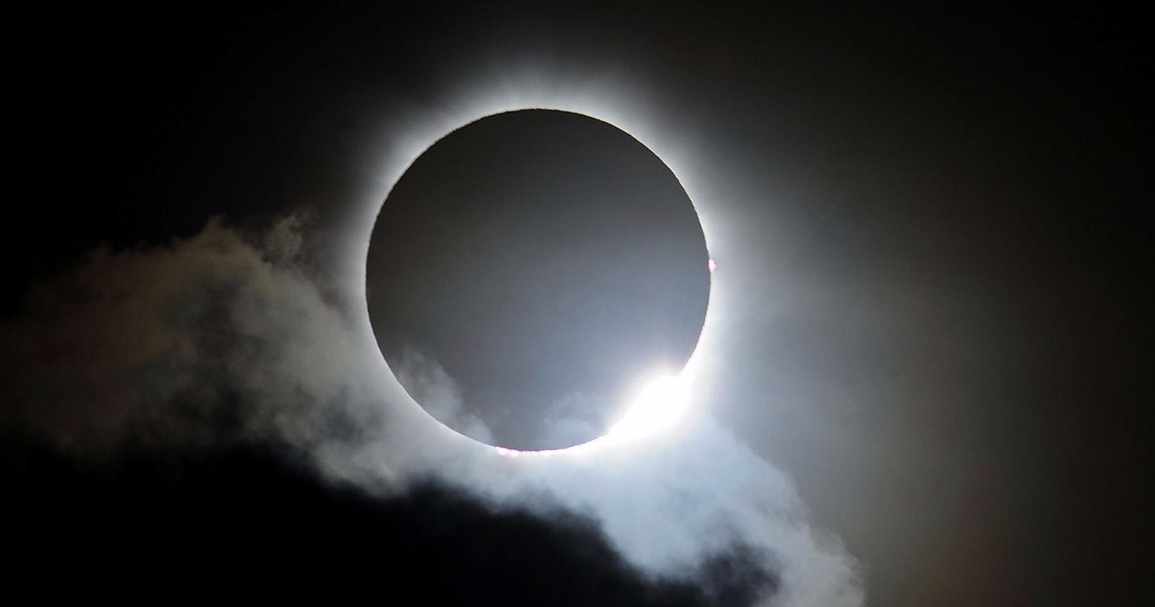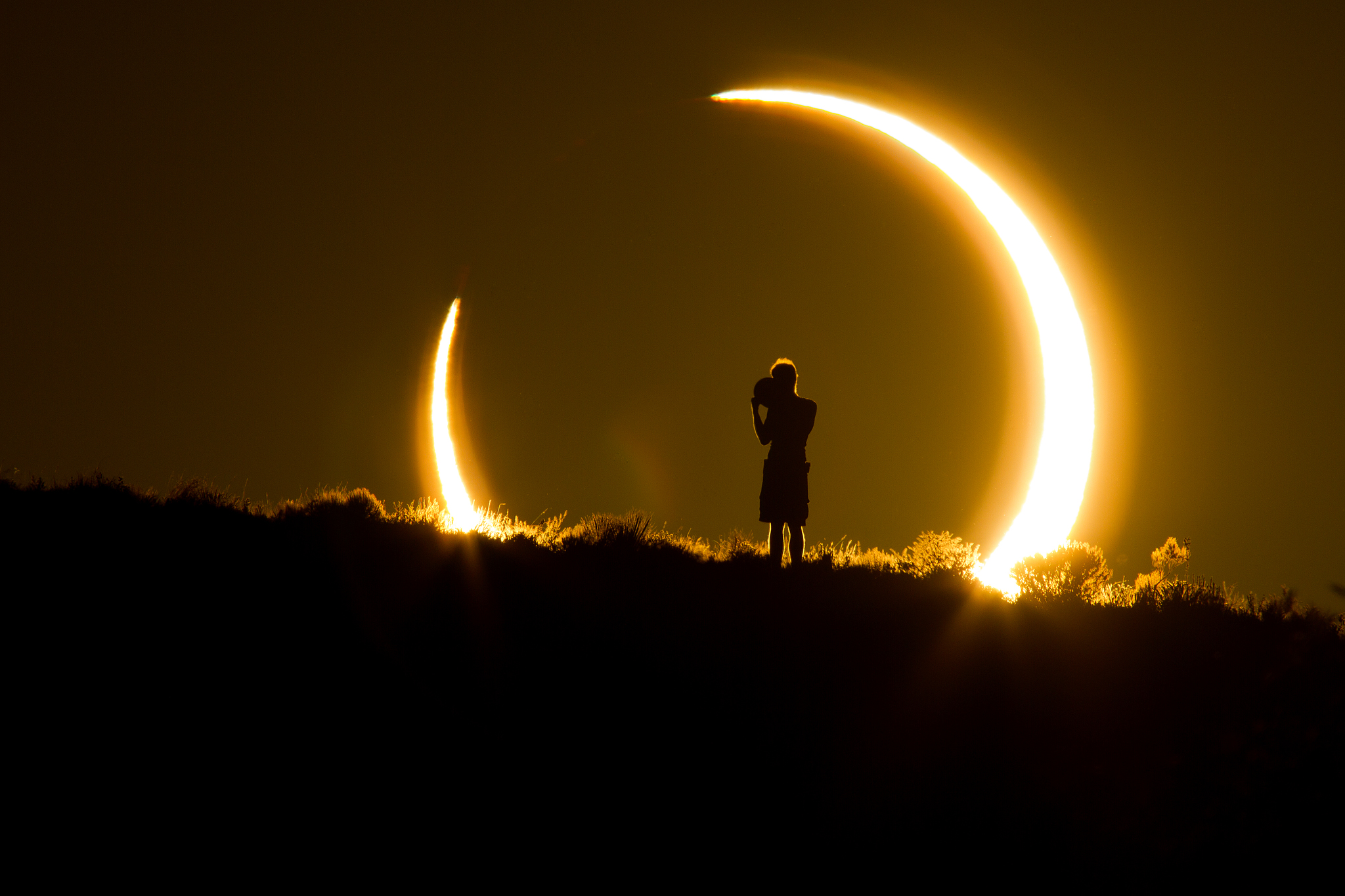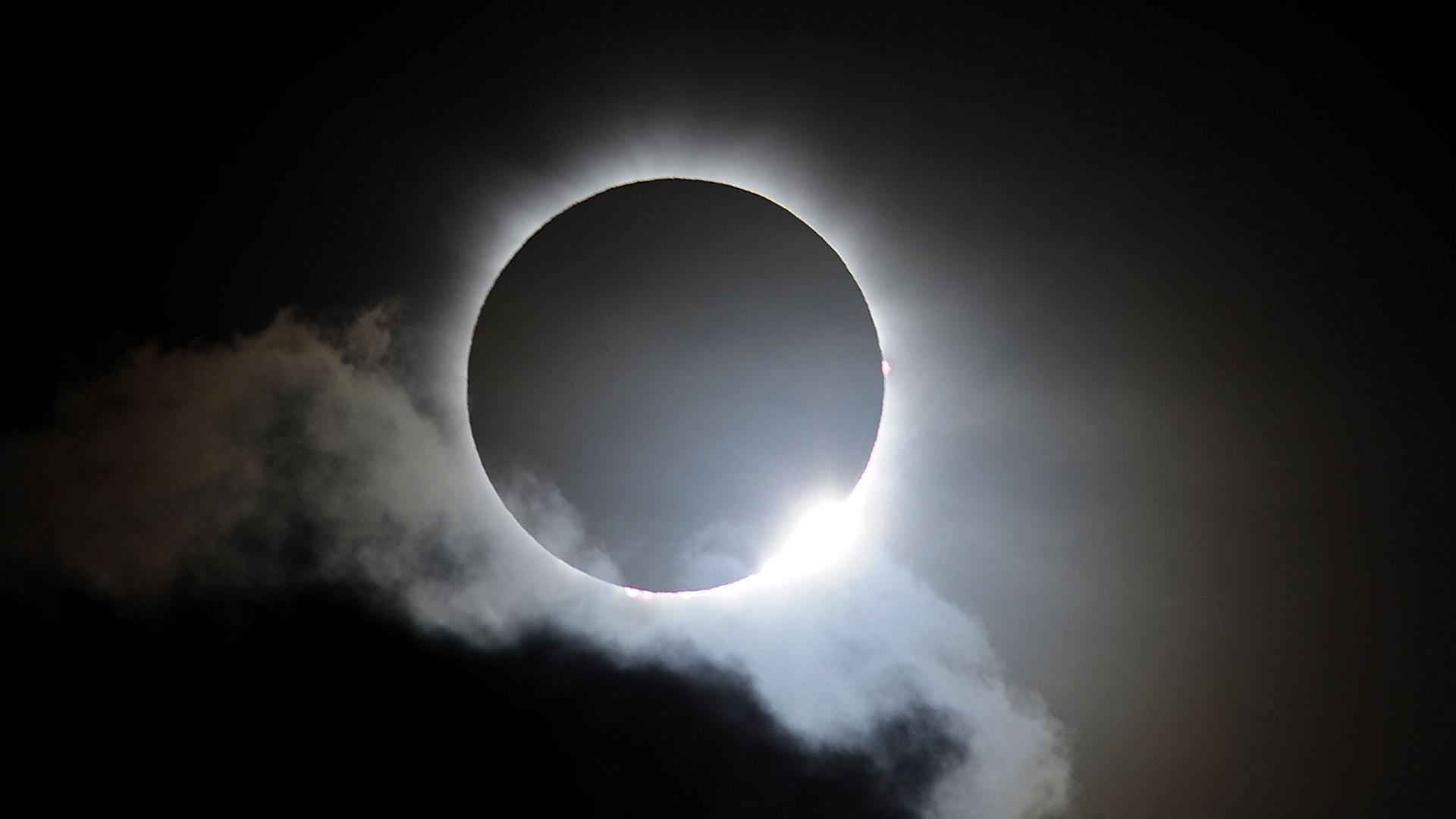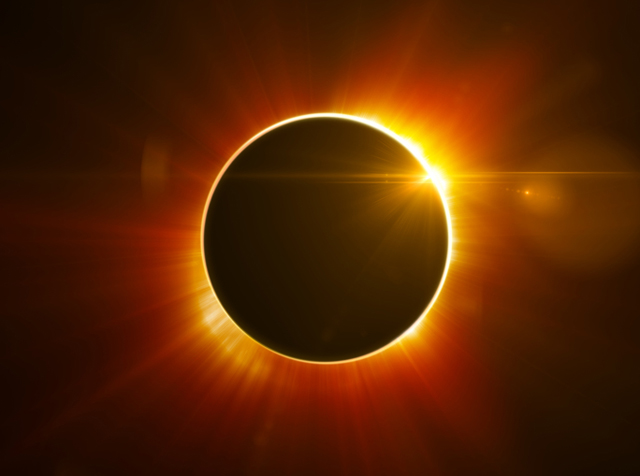Are you getting excited for the August 21 eclipse? Whether you're travelling to the best spot to see it, or you plan on putting on your solar glasses to watch it happen from you own backyard, this is certainly a natural event you don't want to miss!
Centuries ago, people didn't have a clear picture about how our solar system worked, so they would come up with explanations for these natural phenomenons.
Some of the stories really can get you thinking and how they viewed the eclipses work. A handful of these myths and legends still stick around to this day.
Since the beginning of time, the sun's daily patterns was something that people were always able to rely on, so on those rare instances when it gets interrupted, questions get raised about what is happening in the cosmos.
Stories that accumulated around the eclipse surround either what it means or an explanation about why it happens.
Origins
The question that plagues humanity whenever something out of the ordinary occurs, is why? We always seem to need an explanation for the explainable, even if the story is far fetched. A lot of these stories revolve around a creature trying to eat the sun.
Thieves and Devourers (China, Vietnam, North America and Many Others)
In ancient China, it was a celestial dragon, while the darkness was blamed by a hungry frog to the Vietnamese. The Viking attributed the eclipse to sky-wolves, while the Pomo in northern Californa said a bear would take a bit from the sun, followed by a bite from the moon, which is how they explain why a solar eclipse is followed shortly by a lunar eclipse. In Korea, it was believed that a pair of fire-dogs don't try to eat the sun, only steal it.
A Demon's Revenge (India)
Legend has it that the Hindu demon Rahu disgused himself as a god in order to steal a potion of immortality. The sun and the moon caught him during this heist and reported him to Vishnu. Rahu got a mouthful of the potion, but Vishnu cut off his head before it ever reached his throat. As a result, Rahu's body died, but his head will live forever. It's said that he sails the cosmos, occasionally eating the sun and moon as revenge for their betray.
"Every now and then he catches them and swallows them," explained Griffith Observatory director E.C. Krupp
Omens
To some ancient people, the importance of why the sun left wasn't the focus. Whether it was feeling sad and left the sky or if it had be temporarily eaten by a mythological creature, it wasn't their concern. What they did care about was what the eclipse meant for the future. Here are few explanations of the eclipse from around the world.
Eclipses are good news, as long as they're predicted before they happen. (China)
More than 4,000 years ago, Chinese customs stated that eclipses were an omen of health and prosperity for the emperor, as long as they were foretold by his astronomers. The problem with this was his astronomers Hsi and Ho were not that talented. Without their prediction, it was believed on October 22, 2134 BCE, an eclipse darkened the land and terrified the people. As a result of their failure it was believed the Hsi and Ho were put to death.
Eclipses are bad news for kings. (Babylon)
Contrary to Chinese legend, the ancient people of Babylon believed that eclipses were extremely dark omens for the king, especially if they occurred unexpectedly. When astronomers believed an eclipse was coming, they'd unseat the king and replace him with a substitute. This decoy would absorb all the bad vibes, and as soon as the sun returned so did the rightful king.
Eclipses mean the Gods are made at us. (Greece)
When the ancient Greeks saw a shadow over the land, they took it as a sure sign that Zeus and the other gods were angry with humanity. What they did with that information provided different stories. One eclipse that was believed to have occurred in 585 BCE during a war between the Lydians and Medes. In response, it was believed that every soldier dropped their weapons and the war ended shortly after.
Eclipses are a time to set aside your differences. (Togo and Benin)
An old story about the sun and the moon locked in an eternal struggle is told among the people of Togo and Benin. Every eclipse is seen as a battle in that endless war, and thus a sign to the people to set aside their differences when the moon casts it shadow over the Earth.
"They see it as a time of coming together and resolving old feuds and anger," Jarita Holbrook, a cultural astronomer said. "It's a myth that has held to this day."
Modern Day Myths
While we now have science and research explaining how, when and why eclipses happen there are still many questions that come up during this time. Krupp admitted that every time there's an eclipse he gets dozens of calls asking the strangest questions. Common ones include, is the eclipse harmful to unborn children (they're not) or if food will spoil during the eclipse (it won't).
One precaution that everyone should follow though, is that looking at the sun during an eclipse can be very bad idea.
So when a solar eclipse comes around, pregnant women should feel free to enjoy a snack while standing outside watching with their productive glasses.
Will you be watch the eclipse this month? Share with us in the comments.
Source: Curiosity / National Geographic




